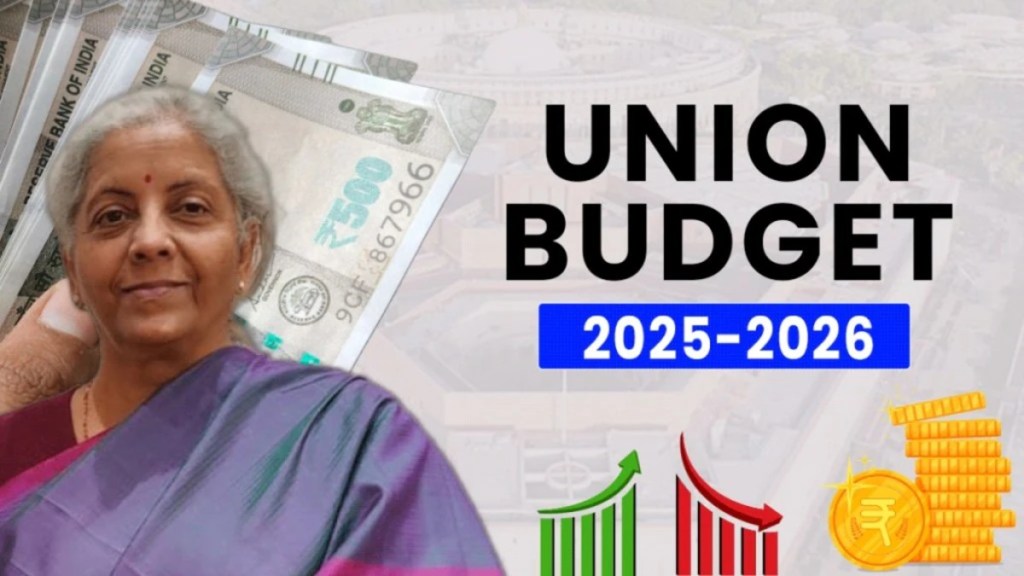By Anant Goenka
The Union Budget for 2025-26 sets a bold vision for India’s economic future with a focus on inclusive growth, manufacturing, and global trade. It strikes a good balance by going in for fiscal expansion, yet maintaining fiscal discipline. There is a proposed 10.1% rise in the capex for FY26.
The finance minister has maintained the consistency of moving towards the fiscal glide path, lowering the targets on fiscal deficit, primary deficit as well as revenue deficit.The finance minister has deftly addressed the two conspicuous economic issues related to demand and job creation.
The tax booster provided to the large middle-income class will help spur consumption. Continuing with the last year’s Budget, the finance minister has laid thrust on employment and skilling through multiple initiatives. Manufacturing sector is known for creating large-scale employment, and by laying thrust on ‘Make in India’, the Budget offers significant support to domestic manufacturing, particularly labour-intensive, export-oriented, and emerging critical sectors.
The change in classification of MSMEs will help in scaling up and contribute to further job creation in this critical sector. Several jobs can also be created in the agriculture and allied activities, and this Budget offers a huge scope for expanding rural jobs. The proposed state-level multisectoral Rural Prosperity and Resilience programme will create new employment avenues for rural youth.
The introduction of the Export Promotion Mission is a step towards making Indian exports globally competitive. By bringing together the ministries of Commerce, MSME, and Finance under one umbrella, the mission will ensure a coordinated approach to policymaking and implementation. This integrated effort will help exporters navigate international trade complexities with greater ease, support small and medium players in tackling non-tariff measures, and provide the necessary financial and regulatory support to expand their global footprint.
The establishment of BharatTradeNet (BTN) – a digital public infrastructure for international trade – is a welcome step. This unified platform will streamline trade documentation and financing needs, aligning India’s trade processes with global practices. It will substantially reduce transaction costs, improve efficiency, and bring down the cost and time of doing business.
Similarly, the move to develop a framework for Global Capability Centres (GCCs) in tier-2 cities is a step towards strengthening infrastructure and expanding the talent pool in these cities.There is a clear focus on reducing the compliance burden and promoting trust-based governance.The Budget has put in a dose of measure towards ease of doing business, including simplification of tax laws, rationalisation of custom tariffs, decriminalisation of provisions, rationalisation of surcharge and cess, and reforms in related-party transaction regulations.
These are significant steps towards creating a more business-friendly environment, and will build huge confidence amongst industry and investors. The proposed revamping of Bilateral Investment Treaties, expansion of scope of safe harbour rules, and financial sector reforms including the complete opening up of the insurance sector to FDI will also strengthen India’s attractiveness as an investment destination.
Another outstanding feature is the focus on strengthening the research and innovation ecosystem in the country. The new Centre of Excellence in AI for the education sector, in continuation to the earlier announced centres for agriculture, health, and sustainable cities, are forward-looking measures essential to India’s strategy for becoming Viksit Bharat.
With the allocation of Rs 20,000 crore to the earlier announced R&D fund, we look forward to the implementation of this transformative initiative. The proposal to have deeptech fund of funds is also good and should be explored to encourage more start-ups in this area.Sustainability is a priority area and the Budget proposals are in line with the expectations.
The National Manufacturing Mission with a focus on Clean Tech Manufacturing, the Nuclear Energy Mission, and mining sector reforms with a focus on critical minerals are steps towards sustainable development.In all, the Budget has been excellent, catering to the key socio-economic priorities aligned to the vision of Viksit Bharat by 2047.
The author is senior vice-president, FICCI, and vice-chairman, RPG Group
Disclaimer: Views expressed are personal and do not reflect the official position or policy of FinancialExpress.com. Reproducing this content without permission is prohibited.

